Lucky Shot USA claimed it made bullet-embedded glassware in America, but a Wisconsin jury found the company lied. The company imported most of the components from China. As a result of the lie and violating the Lanham Act, Lucky Shot USA received a fine of $3.1 million. That money goes to BenShot, a competitor who produces a similar product in the USA.
The Lanham Act
President Harry Truman signed the Lanham Act in 1946 to protect trademarks, service marks, and unfair competition. This act protects competitors against false claims like those being made in the United States. Companies that make false claims about their products are using false advertising.
The Lanham Act protects competitors when other businesses attempt to harm them by infringing on their trademarks and truthful claims. It also shares legal procedures and remedies for the businesses that suffered due to the lies.
The Companies Involved
Lucky Shot USA is a company that sold bullet-embedded glasses. The company claimed they made their classes in the United States. In reality, the glasses with a bullet-shaped indent were manufactured in China, but Lucky Shot USA glued the bullet into the indent in the US.
BenShot is a competing company owned by a father-and-son team. They manufacture drinkware like shot glasses and whiskey glasses with bullets and other objects embedded into the glass. The father and son opened the company in 2015 in an empty furniture factory in Appleton, Wisconsin.
The company makes all pieces by hand, so the products have a high price point. If BenShot purchased glassware from China, they could lower their prices and increase their profits. When Lucky Shot USA began advertising a similar product, the owners of BenShot took notice.
False Claims of Drinkware Made in the USA
In 2017, Lucky Shot USA and other companies owned by Douglas Ingalls began advertising their bullet-embedded glasses. They claimed the pieces were made in the USA and shared this claim with potential customers through email marketing.
During the years of litigation, lawyers for the plaintiff found emails from Lucky Shot asking the glassware manufacturer to send photos of the plant, but without Chinese writing or the faces of the Chinese employees. They used these misleading photos to show customers the products were made in the USA.
After years of litigation, Lucky Shot asked that the case be dismissed. The court used a Federal Trade Commission policy to keep the lawsuit going.
The Federal Trade Commission also protects competitors from companies that falsely claim they produce items in the USA. Companies that claim their products are made in the USA must make all or virtually all of them inside the 50 states.
The jury decided Lucky Shot USA violated the Lanham Act because they lied about where they made the glasses. The violation hurt BenShot because Lucky Shot USA had lower prices taking customers from BenShot.
Consumers must be able to trust companies when they claim they make products in the USA. The FTC is busy enforcing rules to protect consumers, like the company they fined in August 2022 for claiming they made PPE products in the USA.

